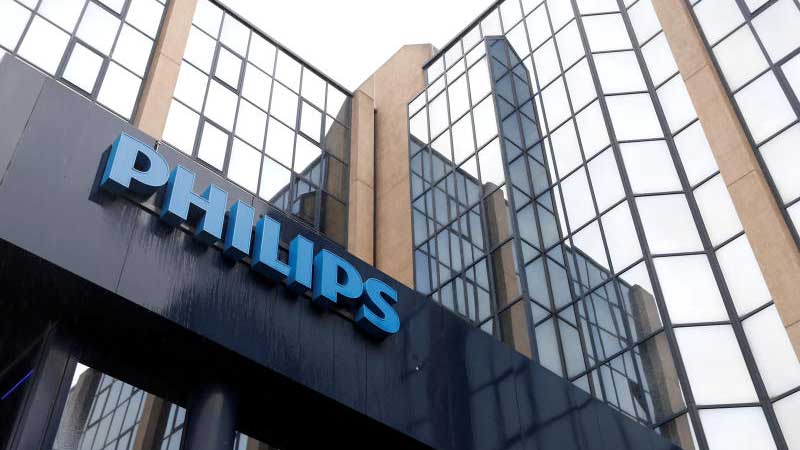×
The Standard e-Paper
Stay Informed, Even Offline

Dutch group Philips and three other consumer electronics companies were fined a total 111.2 million euros (Sh13 billion) by EU antitrust regulators yesterday for imposing fixed or minimum online prices for their products.
The ruling against Philips, Asus, Pioneer and Denon & Marantz followed a 17-month investigation by the European Commission as part of its crackdown on online sales practices such as price restrictions based on a customer’s location or nationality.